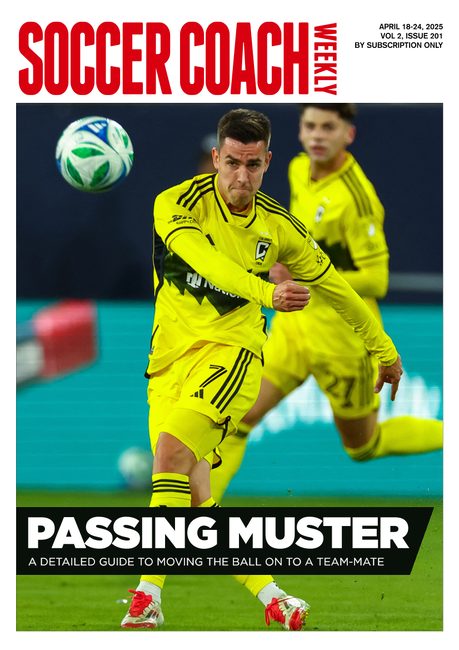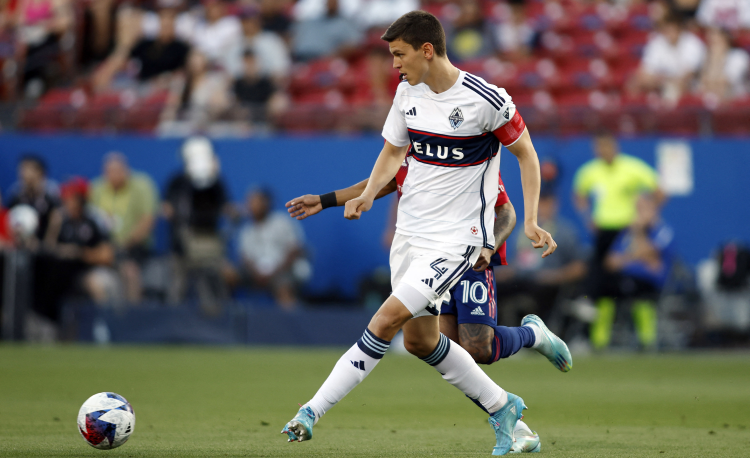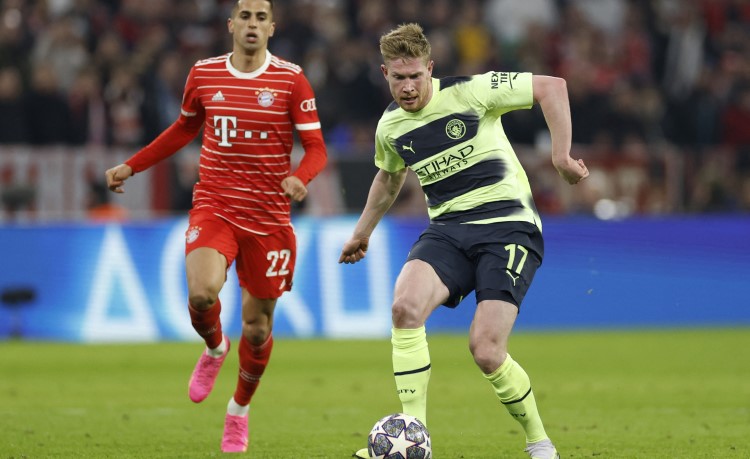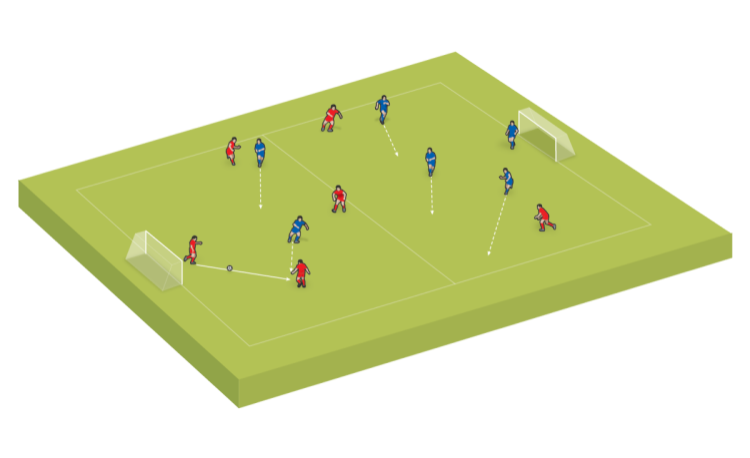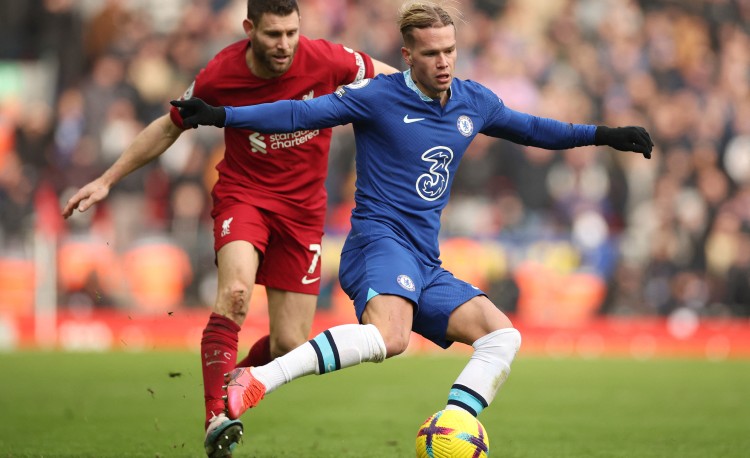How to manage your anger!
Coaching Adviceby Dan Abrahams
Sport psychologist Dan Abrahams offers you six tips to help you and your players manage their anger…
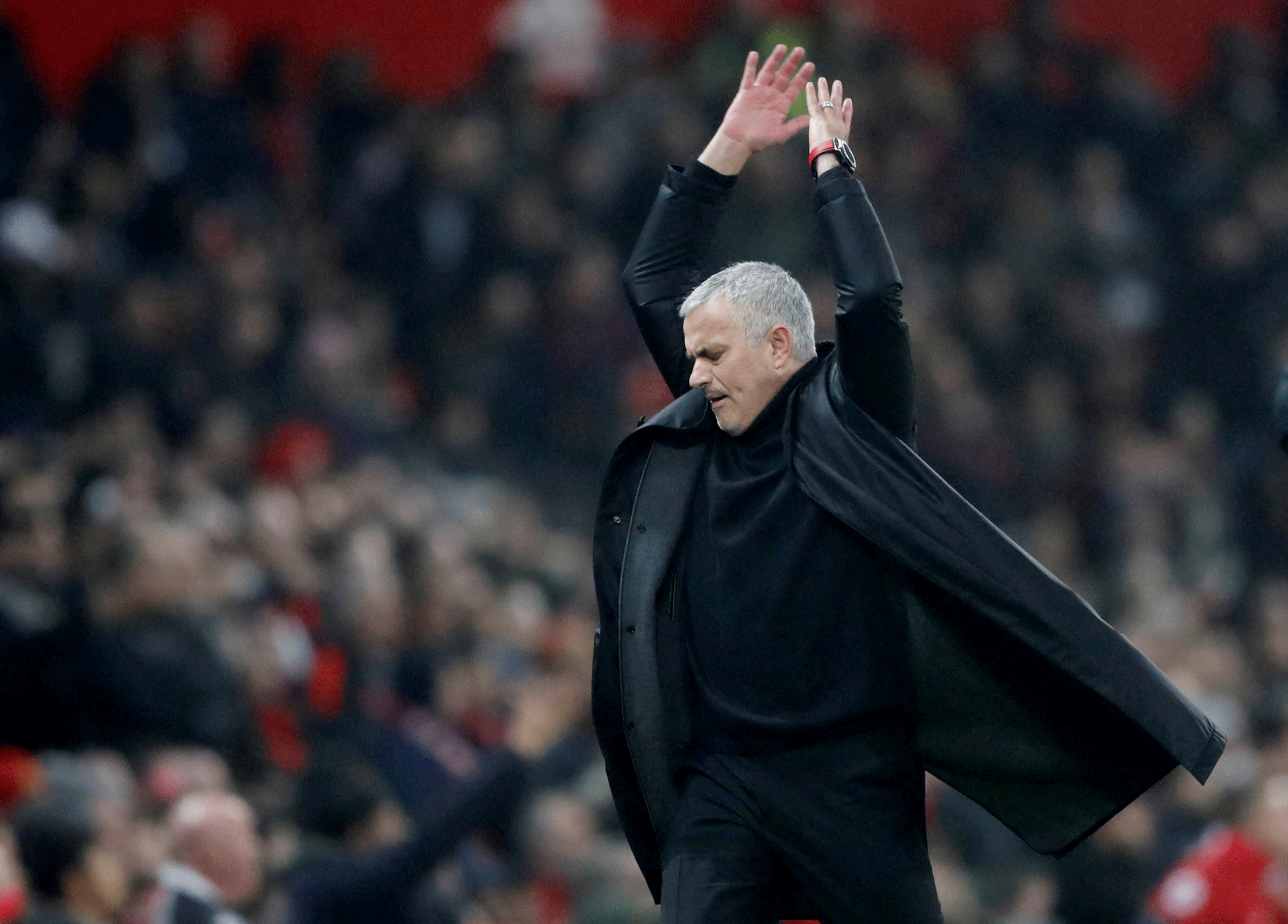
Sport psychologist Dan Abrahams offers you six tips to help you and your players manage their anger…
Anger is a sign that a player has a goal but is being obstructed from completing that goal. It’s important to put anger in perspective – it’s better to have a player who is passionate about performing on the pitch than not. Anger isn’t all bad, provided it is used in the right way. There are many examples of footballers and athletes who have fed from anger – Roy Keane would be a classic example.
There is a significant difference between the usefulness of anger in a training session compared to the usefulness of anger when performing in a game. In training players need to be calm, relaxed and above all focused. Training is there as a blueprint for a match and as a platform to learn. An angry player won’t learn as effectively or as quickly as a focused player. This should be non-negotiable.
Players who are performing in an angry mode are more likely to be ‘reactive’. This means that aggression takes over and players will commit fouls, argue with referees and with the opposition. This leads to playing with a lack of intelligence and at too high a tempo. By contrast, ‘proactive’ players value intelligent football. They use the intensity they feel when they get angry to execute their role with greater focus.
As a coach your directions don’t stop at setting out the match tactics. In addition to directing the play on the pitch, a 21st century coach will be able to shift and direct the emotions of his players. Put simply, the ability to control anger lies in a player’s capacity to mentally shift away from the thing that is winding them up and direct the anger onto a more appropriate focus of attention. Play a part in helping this shift of focus.
When a player feels the surge of intensity that they experience during anger, they should direct all of their attention solely towards their responsibilities on the pitch and their role within the team. This intensity should help them execute their soccer duties in a faster, stronger and quicker manner. It is simply a matter of players taking control of their mindset and directing all of their resources onto playing hard.
Luis Suarez doesn’t need a psychologist – his demonstrations of anger can be remedied by good coaching. If you have a player showing similar signs of anger, just put a couple of players on him in training to replicate how he feels on the pitch. Then teach him a different set of responses. When he feels frustrated, he needs to take a few deep breaths and run back into his position. Changing small behaviours works!
Sport psychologist Dan Abrahams has worked with many leading footballers, including Scott Parker and Carlton Cole.
He is the author of the book Soccer Tough: Simple Football Psychology Techniques To Improve Your Game
[LINK TO NAME: www.danabrahams.com]
01 Use anger to help
Anger is a sign that a player has a goal but is being obstructed from completing that goal. It’s important to put anger in perspective – it’s better to have a player who is passionate about performing on the pitch than not. Anger isn’t all bad, provided it is used in the right way. There are many examples of footballers and athletes who have fed from anger – Roy Keane would be a classic example.
02 Be calm in training
There is a significant difference between the usefulness of anger in a training session compared to the usefulness of anger when performing in a game. In training players need to be calm, relaxed and above all focused. Training is there as a blueprint for a match and as a platform to learn. An angry player won’t learn as effectively or as quickly as a focused player. This should be non-negotiable.
03 Make them proactive
Players who are performing in an angry mode are more likely to be ‘reactive’. This means that aggression takes over and players will commit fouls, argue with referees and with the opposition. This leads to playing with a lack of intelligence and at too high a tempo. By contrast, ‘proactive’ players value intelligent football. They use the intensity they feel when they get angry to execute their role with greater focus.
04 Direct their anger
As a coach your directions don’t stop at setting out the match tactics. In addition to directing the play on the pitch, a 21st century coach will be able to shift and direct the emotions of his players. Put simply, the ability to control anger lies in a player’s capacity to mentally shift away from the thing that is winding them up and direct the anger onto a more appropriate focus of attention. Play a part in helping this shift of focus.
05 Focus their mindset
When a player feels the surge of intensity that they experience during anger, they should direct all of their attention solely towards their responsibilities on the pitch and their role within the team. This intensity should help them execute their soccer duties in a faster, stronger and quicker manner. It is simply a matter of players taking control of their mindset and directing all of their resources onto playing hard.
06 Change their behaviours
Luis Suarez doesn’t need a psychologist – his demonstrations of anger can be remedied by good coaching. If you have a player showing similar signs of anger, just put a couple of players on him in training to replicate how he feels on the pitch. Then teach him a different set of responses. When he feels frustrated, he needs to take a few deep breaths and run back into his position. Changing small behaviours works!
01 Use anger to help
Sport psychologist Dan Abrahams has worked with many leading footballers, including Scott Parker and Carlton Cole.
He is the author of the book Soccer Tough: Simple Football Psychology Techniques To Improve Your Game
[LINK TO NAME: www.danabrahams.com]
Thank you for reading
to enjoy 3 free articles,
our weekly newsletter, and a free coaching e-book
Or if you are already a subscriber, login for full access
Newsletter Sign Up
Coaches Testimonials

Gerald Kearney, Downtown Las Vegas Soccer Club

Paul Butler, Florida, USA

Rick Shields, Springboro, USA

Tony Green, Pierrefonds Titans, Quebec, Canada
Subscribe Today
Discover the simple way to become a more effective, more successful soccer coach
In a recent survey 89% of subscribers said Soccer Coach Weekly makes them more confident, 91% said Soccer Coach Weekly makes them a more effective coach and 93% said Soccer Coach Weekly makes them more inspired.
*includes 3 coaching manuals
Get Weekly Inspiration
All the latest techniques and approaches
Soccer Coach Weekly offers proven and easy to use soccer drills, coaching sessions, practice plans, small-sided games, warm-ups, training tips and advice.
We've been at the cutting edge of soccer coaching since we launched in 2007, creating resources for the grassroots youth coach, following best practice from around the world and insights from the professional game.
